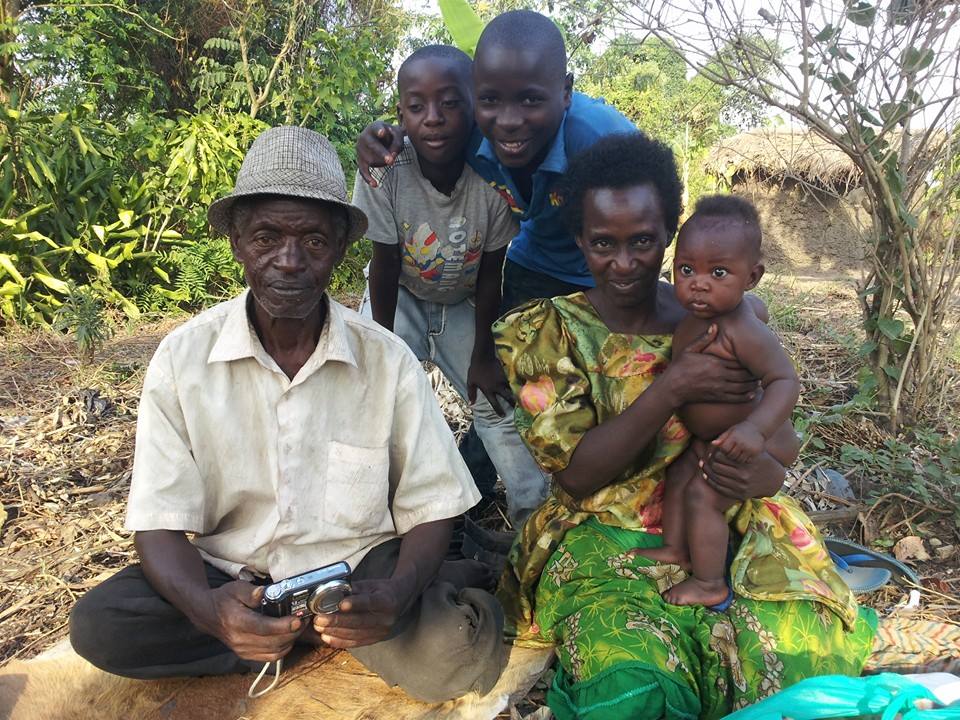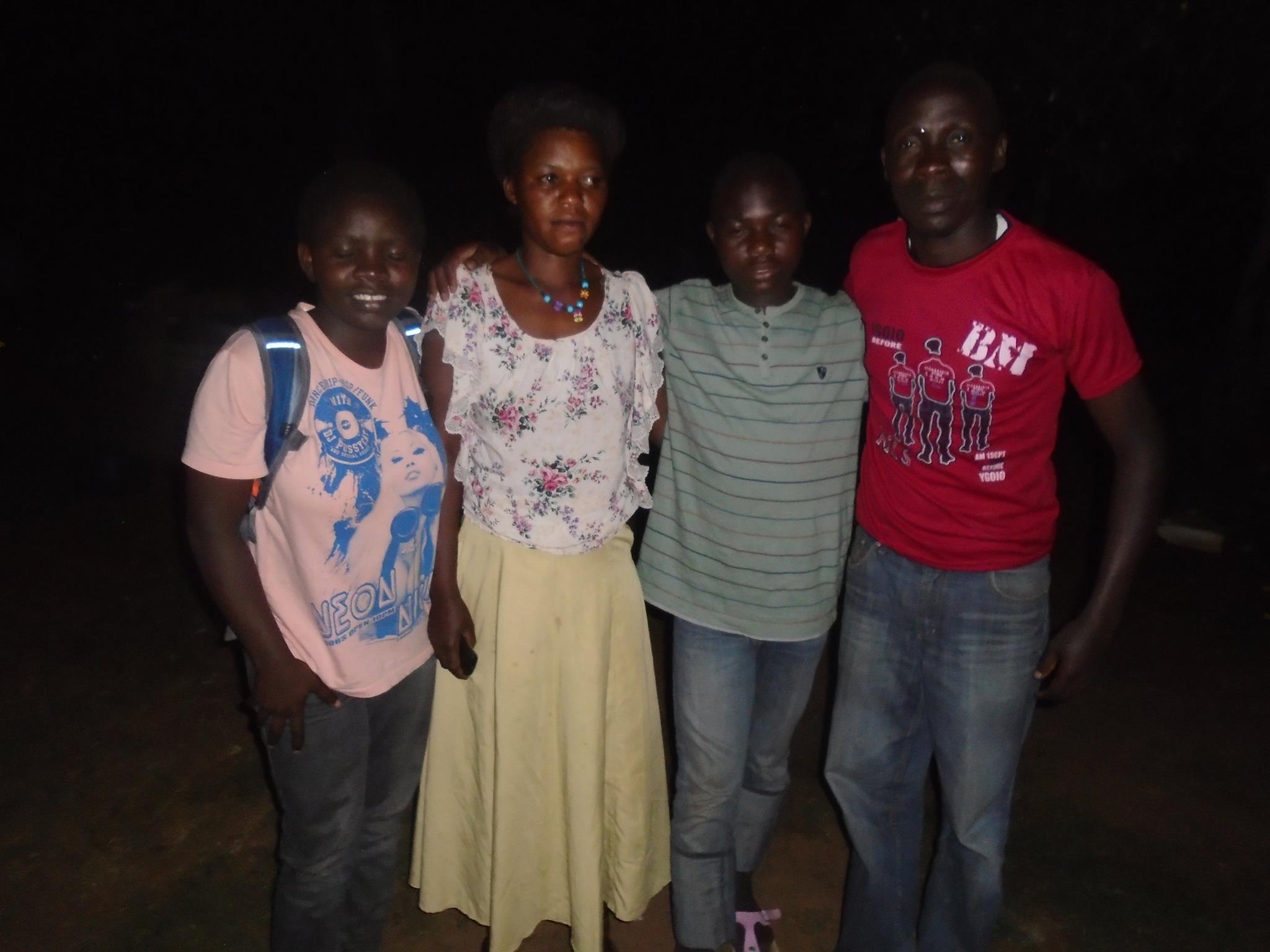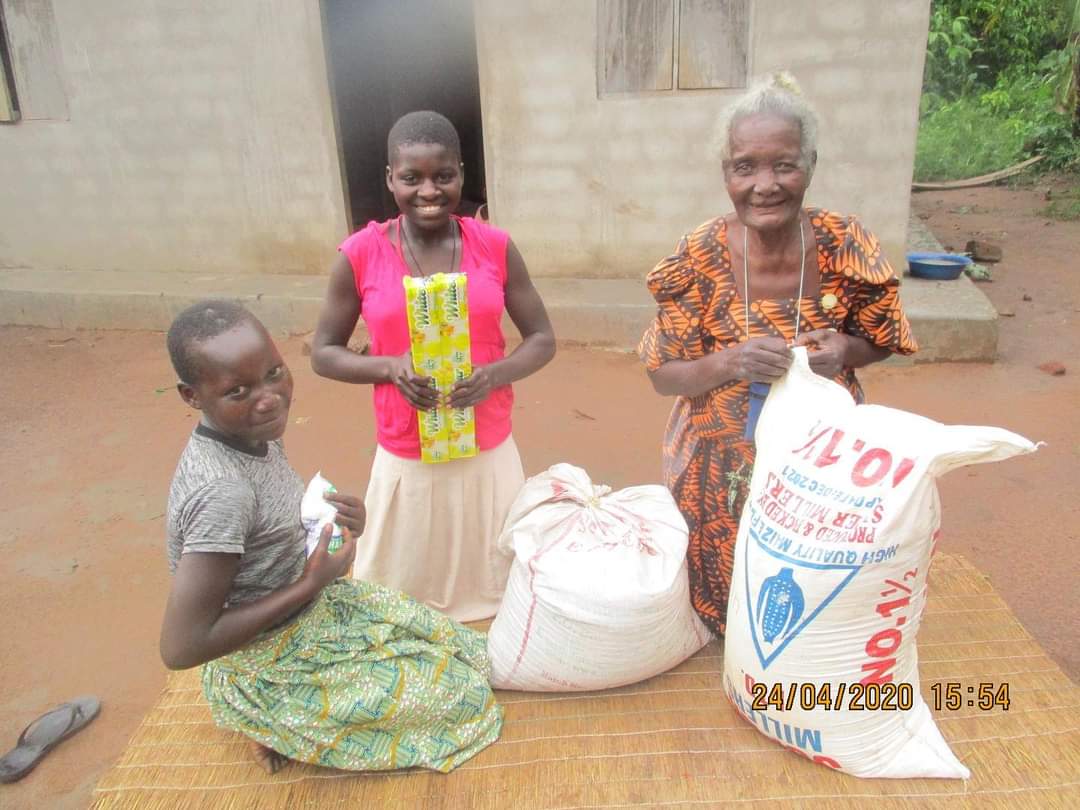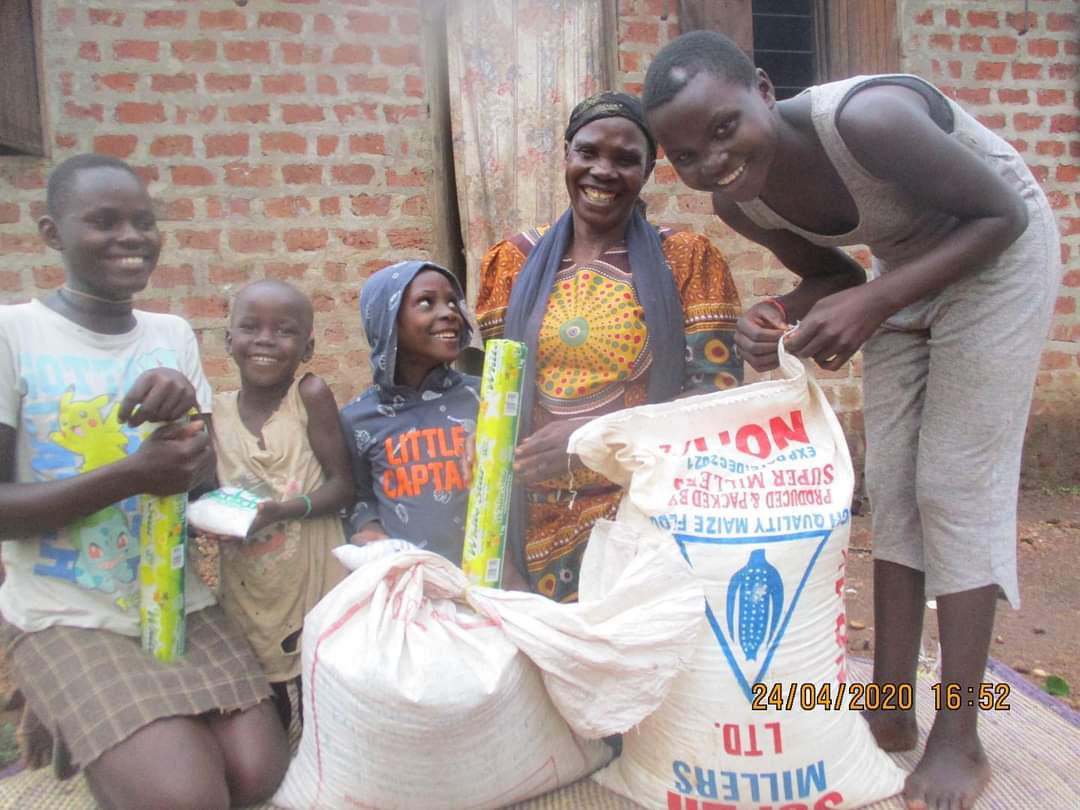We believe that every child deserves the right to a family. A significant part of our mission is to understand each child's story and work towards their resettlement back into a family environment. Many children leave their homes due to circumstances such as abuse, rejection, or poverty, and are often drawn to Kampala by the idea of a better life. However, life on the streets is far harsher than they anticipated, and many find themselves stranded, unable to return home.
Follow-Up: Resettlement at Save Sunshine Shelter Kids, Children are resettled through various methods at Save Sunshine Shelter Kids: Reintegration: Returning a child to their biological family or relatives. Foster Care: When we cannot locate any biological family or when reconciliation fails, or if the child is at risk of abuse, we arrange foster care. Independent Living: For youth 18 and older who have no family or relatives, we help them transition to independent living.
The ultimate goal of Save Sunshine Shelter Kids is to reunite children with their families. We conduct regular follow-up visits to monitor the child’s progress and the family’s economic stability. If a family is found stable enough, the child is removed from our support program. If not, we continue to provide support until the family is self-sufficient. This enables children to reconnect with their families and succeed both at home and in their studies. No matter the reason for a child’s journey to the streets, our mission is to help re-establish their family connections and, in the best cases, resettle them back home. Each child is assigned a contact person responsible for their resettlement. For the first year after resettlement, we conduct monthly home visits, followed by visits every three months in the second year, until the process is fully complete.
Key activities in Re-settlement
Family Tracing
Reuniting
Family Resettlement
Follow-Ups
Why We Resettle Children?
We believe that God designed families as a reflection of His relationship with us. Family provides belonging, shared values, and cultural heritage. At Save Sunshine Shelter Kids, family preservation is a priority, as many children come from loving, yet vulnerable, families. Although some resettlements fail, those that succeed often result in deep family bonds and long-lasting success. For families that struggle, we provide continued support, including financial assistance, while keeping the children with their families.









